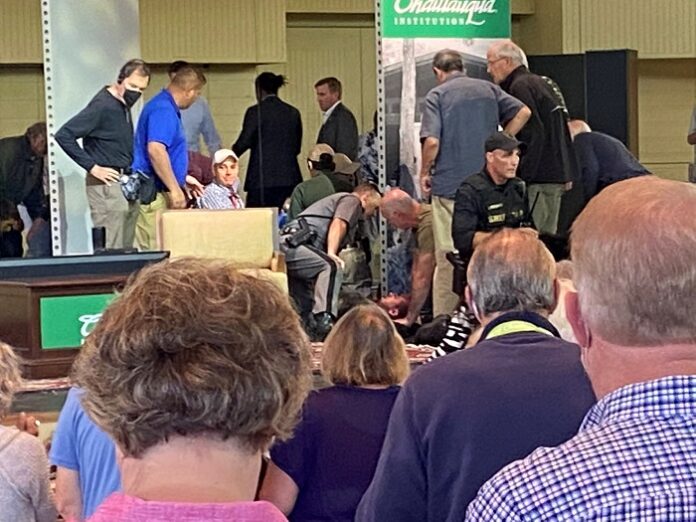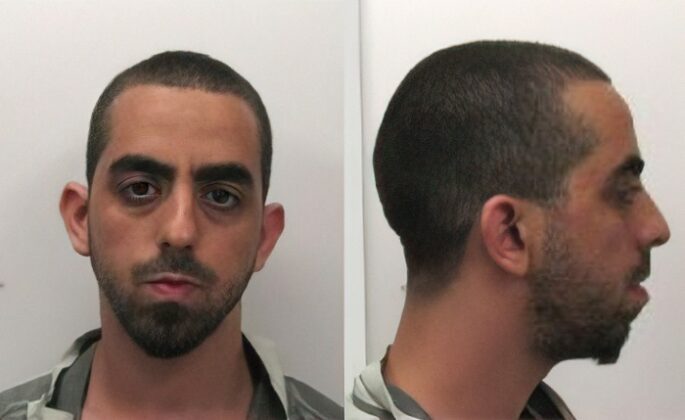
DUBAI, Feb 21 (Reuters) – An Iranian foundation has praised a man accused of severely injuring novelist Salman Rushdie in an attack last year and promised him 1,000 sq metres of agricultural land, state TV reported on Tuesday on its Telegram channel.
Rushdie, 75, lost an eye and the use of one hand following the assault on the stage of a literary event held near Lake Erie in western New York state in August.
Hadi Matar, a Shi’ite Muslim American from New Jersey, has pleaded ‘not guilty’ to charges of second-degree attempted murder and assault.
“We sincerely thank the brave action of the young American who made Muslims happy by blinding one of Rushdie’s eyes and disabling one of his hands,” said Mohammad Esmail Zarei, secretary of the Foundation to Implement Imam Khomeini’s Fatwas.
“Rushdie is now no more than living dead and, to honour this brave action, about 1,000 square metres of agricultural land will be donated to the person or any of his legal representatives.”
ANALYSIS: Rushdie Attack Shows the Enduring Impact of Fatwas
The Indian-born novelist was set to deliver a lecture on artistic freedom at the Chautauqua Institution when police say Matar rushed the stage and stabbed him.
The attack came 33 years after Shi’ite Iran’s late supreme leader Ayatollah Ruhollah Khomeini issued a fatwa or religious edict calling on Muslims to assassinate Rushdie following the release of his novel “The Satanic Verses”. Some Muslims saw passages about the Prophet Muhammad in the novel as blasphemous.
Matar’s family comes from the south Lebanon town of Yaroun.
A law enforcement review of Matar’s social media accounts showed he was sympathetic to Shi’ite extremism and Iran’s Islamic Revolutionary Guard Corps, according to the NBC New York news outlet.
Streets in Yaroun bear posters of Khomeini, while the logo of Lebanon’s Iranian-armed Hezbollah group adorns monuments to its fighters. Hezbollah said in August it did not know anything about the attack on Rushdie.
Ali Tehfe, mayor of Yaroun, said Matar’s parents had emigrated to the United States, where Matar was born and raised, but that he had no information on their political views.
Rushdie, who was born in India to a Muslim Kashmiri family, spent nine years in hiding under British police protection.
While a pro-reform Iranian government under president Mohammad Khatami distanced itself from the fatwa in the late 1990s, the multimillion-dollar bounty hanging over himhas kept growing and the fatwa has never been lifted.
Khomeini’s successor as supreme leader, Ayatollah Ali Khamenei, was suspended from Twitter in 2019 for saying the fatwa against Rushdie was “irrevocable”.
OPINION: Rushdie Attack Recalls the Deadly Fatwas Carried Out in Iran
ANALYSIS: Europe Is Reluctant to Designate IRGC As A Terrorist Organization
(Reporting by Dubai Newsroom; Editing by Michael Georgy, Raju Gopalakrishnan and Kevin Liffey)


